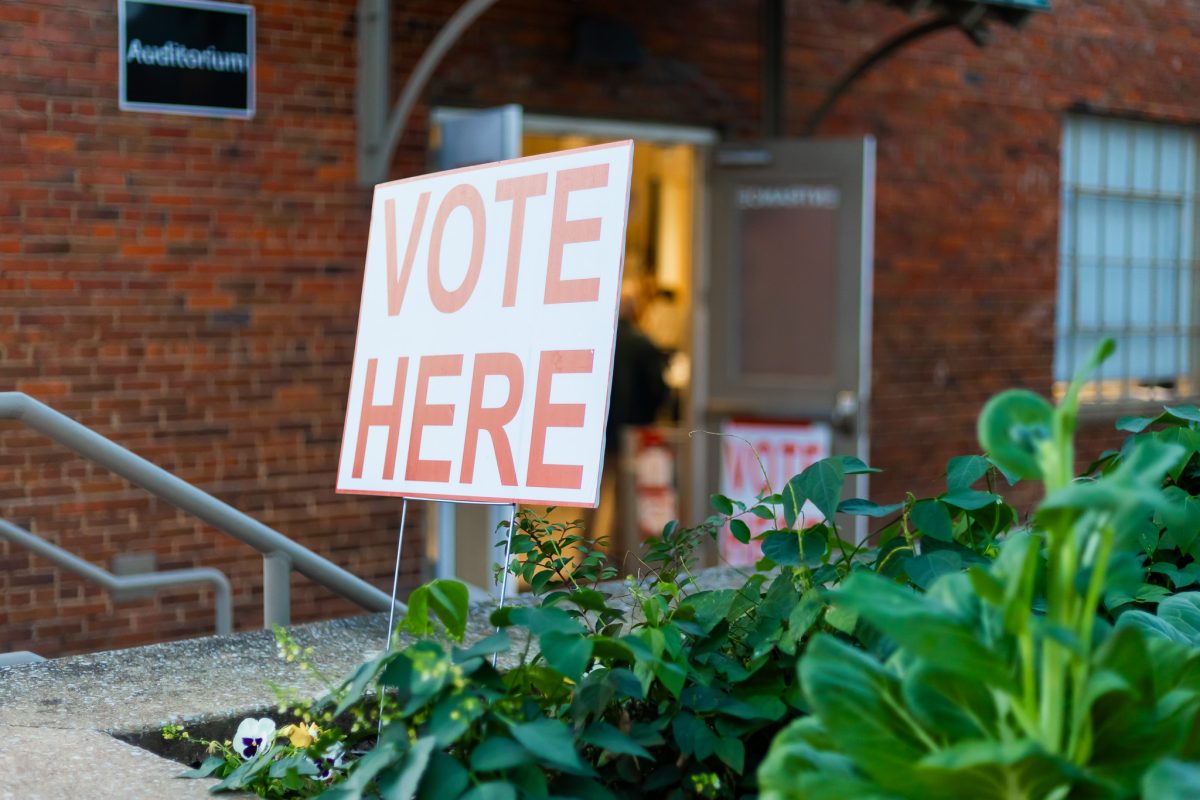By Victor Cuicahua | Guest Columnist
Meeting someone in a different part of the country, whether it is as international as New York City or as small as Dodge City, Kansas, there is one question I dread answering. It is not because I lack an answer, but because I know the reaction that will follow: You’re from Alabama? Oh…
The vision of Alabama that is ingrained into the minds of Americans across the country is one that does not represent all of its citizens, but it does represent an underlying problem that not many are willing to speak on. It is our unwillingness to speak and work on it that is holding us back.
Fifty years after a new page was written in American history, which opened the doors of equality for some, we must ask ourselves one question following the most recent scandal involving institutionalized segregation within the greek system: How far have we really come here at Alabama, and how far do we need to go?
Before my first day of class here at Alabama, I made a pilgrimage of sorts to a spot on campus in which my eligibility to enroll at the University was in question before I was even born. I went to Foster Auditorium, the building Vivian Malone and James Hood would enter in 1963 to shatter one of the most important barriers for colored communities – access to higher education in the segregated Deep South. In the same decade, the world saw a collective resistance from oppressed communities across the U.S. The path for racial equality is paved with the sacrifices of those who came before us, with the hopes and aspirations of millions and with the knowledge that the fight is still not over and that anyone can have a role in it.
In 2013, the University faces a moral dilemma that it must address in a manner different from instances before it in which avoiding culpability was the goal. Will it look to uphold modern segregation based on racial lines under the guise of tradition within the greek system, or will it stand with the brave girls who wanted to do the right thing and judge an individual based on the content of her character? What stake do we as students have in this whole ordeal? How is it that the University is the flagship for the UA system but is not as inclusive or reflective of the people it claims to represent?
Sorority recruitment is an issue, yes, but it cannot be the only issue we speak of. To shamelessly quote activist Audre Lorde, “There is no thing as a single-issue struggle, because we do not live single-issue lives.”
While Birmingham, Ala., – my hometown – is struggling to reconcile with its own racially volatile past, the University must face its own problems, and it must do so now. As students, we cannot continue to accept the uncomfortable realities of the University as postulates; we must actively challenge them. We cannot wait for diversity, inclusiveness and equality for all at this school, and, so, we must actively want and strive towards it. The first step is talking. The next step is doing.
In the coming weeks, the decisions made by University officials regarding the sorority ordeal will speak on just what the University values, but it doesn’t have to be that way. Ultimately, the student body can have the last word, but it is in our hands whether we choose to speak up or not. The time is now. Let’s talk.
Victor Cuicahua is a freshman majoring in journalism.








